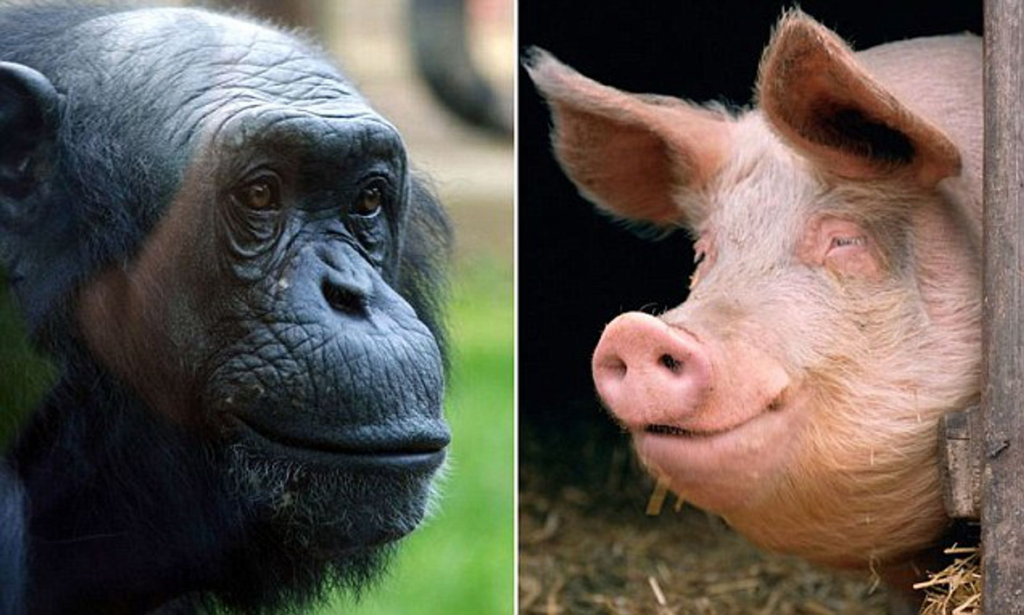Organ Transplantation
In 2022-2023 it was estimated that 4600 transplants were completed thanks to thousands of donors in the UK. However, it is also estimated that 7000 people were on the waiting list, almost 1.5x the number of transplants completed. Tragically, from this, 430 died waiting for an organ last year. This is a huge issue in modern medicine that needs to be tackled immediately. The NHS are advertising the importance of being an organ donor, in May 2022 the UK introduced an opt-out system. Each country in the UK has similar legal implications surrounding this subject; which states if you are over 18 and have not opted-out and aren’t in an excluded group, you are deemed authorised for organ donation. Scotland differs a little bit whereby you are deemed authorised at 16 and assume consent if not opted-out. This has increased the donor rate by 50% in 5 years and is hoping to double in 10.
When Death Turns Into Life…

I was first interested in this subject after reading Merzrich’s When Death Turns Into Life, which discusses dilemmas of transplant surgeons as well as their breakthroughs. Reading the trials regarding xenotransplantation pricked my interest and prompted me to research further. The efforts of Keith Reemsta, a risk-taker determined to transplant primate organs into humans was particularly fascinating. One case was that of 43-year-old Jeffery Davis, who was in heart failure and end stage renal disease and could not live on short-term dialysis. Reemsta transplanted both kidneys still connected to the vena cava and aorta and treated with the available immunosuppression medication available in 1963. Davis sadly died a month and a half later from pneumonia and not rejection. Reemsta continued transplanting a further 13 patients who enjoyed 9-60 days of extended life. I respect how driven Reemsta was to move forward his research, though in 1965 this halted when chronic dialysis became available.
Primates vs Pigs?

There is evidence now that attempting to transplant chimpanzee organs is unsustainable as they are endangered, difficult to breed, have one offspring at a time, expensive to care for and exposes humans to xenoviruses due to the homology in genetics between the species. There is also an ethical debate regarding whether these animals are too much like humans, which we would raise purely to harvest organs from, where do we draw the line?
Alternatively, pigs could be used, which have more reason to be use instead, such as easy breeding, big litters, appropriate size, fair genetic homology, cheap and more socially acceptable. This is in the sense that pigs are already harvested for pork products, why could we not harvest their organs as well to help the global shortage of organs. I think this would be a major breakthrough in research. However, using pigs could cause debates from a religious standpoint, in Islamism this would be seen as a betrayal of their religion. One of the biggest issues with using pigs is the presence of alpha-gal epitope, a protein non-primate mammals possess which could lead to rejection. Since the discovery of CRISPR/Cas9, George Church has successfully generated pigs with inactivated PERV elements, causing the threat of xenoviruses to be diminished, but is still yet to get FDA-approved.
In the book there was a lovely phrase, which I believe sums up the research in xenotransplantation perfectly:
‘Xenotransplantation is just around the corner, but it may be a very long corner’ – Sir Roy Calne 1995
Below is an interesting video about why pigs should be used for future organ donation, exploring how we may be able to genetically-modify them to prevent rejection through Chimeras.
Acknowledgements
Mezrich, Joshua D. When Death Becomes Life : Notes from a Transplant Surgeon. New York, Ny, Harper, An Imprint Of Harpercollinspublishers, 2019.
NHS. “Organ Donation and Transplantation.” NHS Blood and Transplant, 2022, www.nhsbt.nhs.uk/what-we-do/transplantation-services/organ-donation-and-transplantation/.
“Organ Donation Laws.” NHS Organ Donation, 2016, www.organdonation.nhs.uk/helping-you-to-decide/organ-donation-laws/.
“Improved System of Organ Use to Save Lives.” GOV.UK, www.gov.uk/government/news/improved-system-of-organ-use-to-save-lives#:~:text=The%20opt%2Dout%20change%20to.
Mohd Zailani, Muhammad Faiq, et al. “Human–Pig Chimeric Organ in Organ Transplantation from Islamic Bioethics Perspectives.” Asian Bioethics Review, 16 Nov. 2022, https://doi.org/10.1007/s41649-022-00233-2.